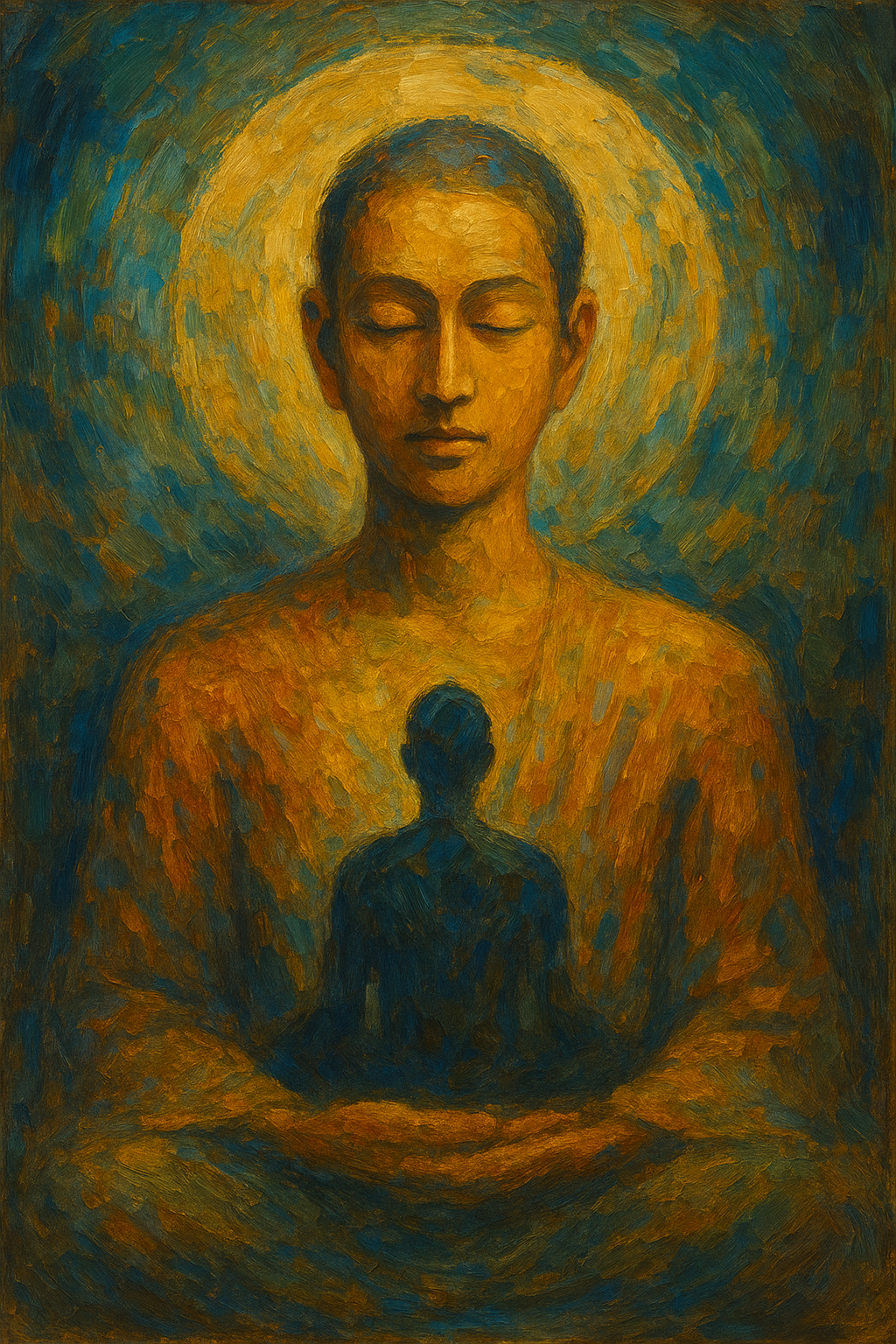Eastern philosophy’s concept of the ‘self’ is a uniquely multifaceted exploration that spans spiritual, cultural, and existential dimensions. This perspective emphasizes interconnectedness, pushing beyond individual identity to embrace harmony with the universe. Dive deeper to unravel this tapestry and its profound impact on identity and existence.
The Essence of the Self in Eastern Philosophy: A Unified Existence
In Eastern thought, the self is viewed as a collective tapestry rather than an isolated entity. The philosophies focus on interdependence, with the self naturally balancing within the wider cosmos. This interdependence emphasizes harmonious existence over individualistic pursuits.
Embracing Interconnectedness: A Core Principle
Eastern philosophies, especially Buddhism, regard the self as a fluid extension of the universe, mirroring the link between individuals, nature, and spirituality. Embracing this interdependence is believed to lead to peace and understanding, transcending individual ego.
Source: Stanford Encyclopedia of Philosophy
Anatta in Buddhism: Challenging the Illusion of Identity
In Buddhism, the ‘self’ is seen as an illusion, a concept known as ‘Anatta.’ This belief reshapes the understanding of identity, encouraging liberation and mindfulness to release attachment and reduce suffering.
Unpacking Anatta: The Transient Self
Anatta teaches that all life is transient. By embracing change, one encourages personal growth and self-actualization. Disbanding the illusionary self, Buddhists aim for a deeper spiritual awareness.
Source: Buddhist Philosophy Guide
Cultivating Self-Awareness Through Mindfulness
Mindfulness in Eastern philosophy acts as a pathway to discovering the self beyond superficial labels. It’s an introspective practice that fosters profound self-awareness and emotional clarity.
Practicing Mindfulness: Steps to Self-Discovery
1. Start with Breathing: Focus attentively on your breathing.
2. Observe Without Judgment: Notice thoughts and feelings without labeling them.
3. Stay Present: Return to the current moment when distracted.
4. Reflect: Regularly introspect on these sessions for insights.
This step-by-step practice encourages a deeper connection with one’s true self, promoting personal growth and enriched self-awareness.
Source: Mindful.org
Cultural Perspectives: Diverse Views on Self and Identity
Culture significantly influences self-perception. Eastern cultures often prioritize community and collective identity over the Western focus on individualism, enriching the discourse on personal identity and social harmony.
Comparing Eastern and Western Philosophies
| Aspect | Eastern View | Western View |
|---|---|---|
| Self-Identity | Collective and interconnected | Individual and autonomous |
| Purpose | Harmony and balance | Personal achievement and success |
| Spiritual Focus | Enlightenment and mindfulness | Personal faith and belief systems |
Source: Cultural Psychology
FAQs: Deepening Your Understanding
How does Eastern philosophy differ from Western views of the self?
Eastern philosophy sees the self as interconnected with others and the universe, while Western views often emphasize individuality and independence.
How can I integrate Eastern philosophy into daily life?
Begin with mindfulness practices, prioritize community and interconnectedness, and explore Buddhist teachings on Anatta for personal growth.
What are practical applications of the Eastern concept of self?
Utilize mindfulness for stress reduction, embrace change and adaptability, and seek harmonious relationships both personally and professionally.
Source: Psychology Today
Conclusion: Embrace the Depth and Harmony
Understanding the ‘self’ in Eastern philosophy is a journey to transcend individualism and find unity in universal harmony. By adopting mindfulness and appreciating cultural insights, we can achieve profound self-awareness and strengthen our connection with the world.
Ready to Explore More?
* Deepen your understanding of mindfulness: Explore Further
* Learn about cultural perspectives in Buddhism: Read This Guide
* Discover philosophical insights on self-awareness: Visit Here
